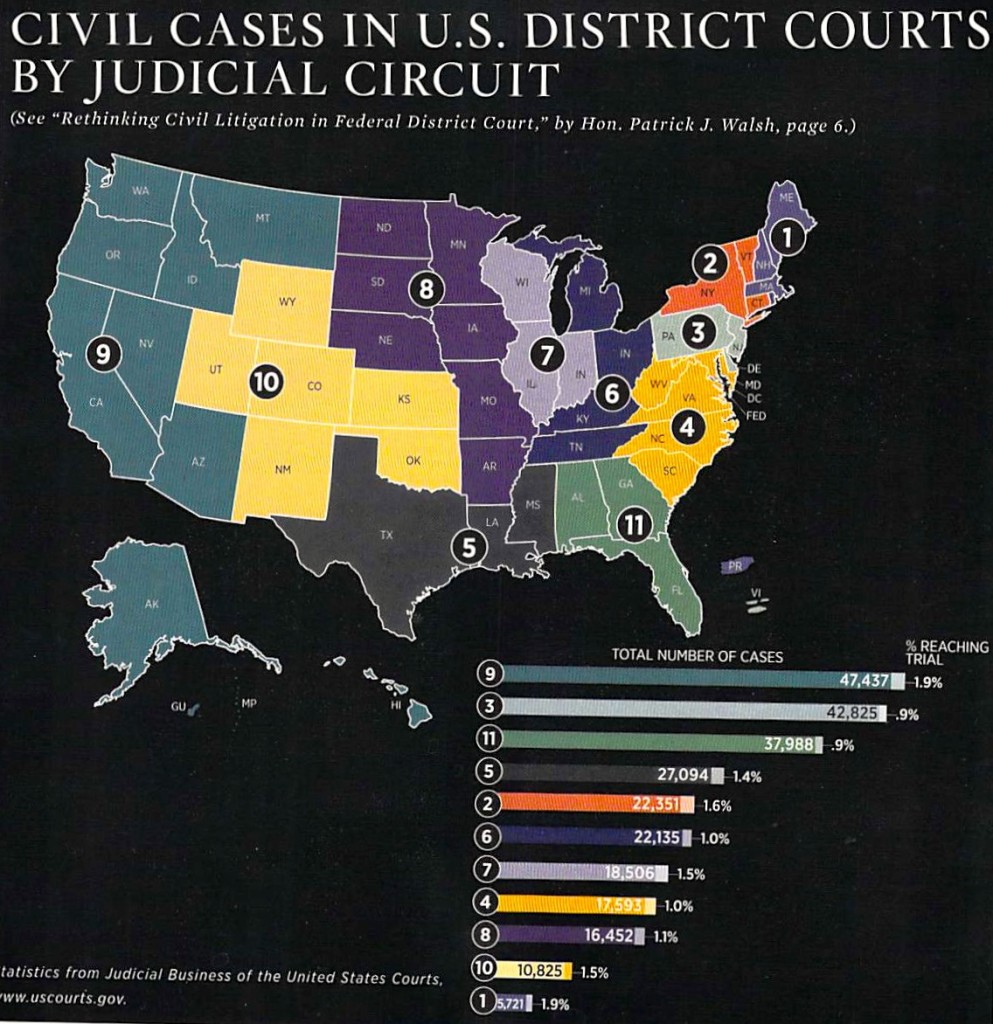Why Is It Difficult to Find a Nursing Home Neglect Attorney?
Tue 11 Jul, 2017 / by Parker and Parker / General
You see many personal injury attorneys. The ambulance chasing joke came from somewhere, right? Why is it that you see far fewer attorneys who say that they handle nursing home neglect? From doing these cases, we have a hunch.
Although nursing home neglect fits within the area termed “personal injury,” it’s unique because of the extra level of expertise and work required. First of all, in a case against a nursing home, there’s no insurance adjuster to call about settling the case. There’s no driver who hit you with an Allstate insurance policy that can easily be targeted for finishing the case without going to court. Instead, almost invariably we must file lawsuits against nursing homes. This is because:
a. Many nursing homes have “eroding” insurance policies, meaning that if they have, for example, one million dollars of insurance, and they pay their attorney $200,000 to defend the case, the amount the policy pays if you win becomes $800,000; the attorney fees erode the policy limits. So if you’re the nursing home, why not pay an attorney to defend, instead of settling? It’s not really out of pocket for them like it is for others.
b. Sometimes the nursing home is part of a large corporate network owning many nursing homes around the state. They can have in-house counsel or a legal department. These people are on salary, so the cost of defense is already built into the corporate budget for the year.
c. Often the nursing home has a set of defenses ready. For example, an elderly man who developed bed sores and died from sepsis may be argued to “already be in bad health, and it was an inevitability.” It sounds heartless, but in many instances this is essentially the defense argument that a Plaintiff encounters.
 Another argument they may say is “we were simply following the doctor’s orders.” Nursing home cases, standing alone, are about nursing care and nursing standards (perhaps that’s obvious).
Another argument they may say is “we were simply following the doctor’s orders.” Nursing home cases, standing alone, are about nursing care and nursing standards (perhaps that’s obvious).
They basically use this aspect to argue that the nurses are no better than the doctors giving directions. So it goes, it’s the doctor orders, not their nurses, that are wrong, and the doctor is the one who should be sued and held liable.
 Involving the doctor is a second reason that there are fewer nursing home neglect attorneys, because it creates a blend of medical malpractice and nursing care neglect. You may notice that there aren’t many medical malpractice attorneys, which is because it’s not easy to sue doctors. Only a slight percentage of medical malpractice cases are legitimate and worth pursuing, and even then it takes hundreds of thousands of dollars in advanced money to pay for experts in order to prove the case. With a blend of med mal and nursing home in one case, we’re now having to prove both the nursing standard of care as well as what the doctor did or didn’t do.
Involving the doctor is a second reason that there are fewer nursing home neglect attorneys, because it creates a blend of medical malpractice and nursing care neglect. You may notice that there aren’t many medical malpractice attorneys, which is because it’s not easy to sue doctors. Only a slight percentage of medical malpractice cases are legitimate and worth pursuing, and even then it takes hundreds of thousands of dollars in advanced money to pay for experts in order to prove the case. With a blend of med mal and nursing home in one case, we’re now having to prove both the nursing standard of care as well as what the doctor did or didn’t do.
The third reason it’s hard to find nursing home neglect attorneys was just mentioned there: costs. Just to begin a case in earnest, we have to file a lawsuit, which means we have to pay filing fees for a jury demand and get thousands of pages of medical records. To prove the case, we hire nursing experts, wound care experts, and doctors with special expertise to discuss the standards of care involved in each case. Clearly, injured people, or the families of those who have died, cannot pay these staggering costs. In fact, many people are being pursued by the nursing home and/or hospital for bills, which they cannot pay, and which in actuality can result from the neglect itself and corresponding increased costs of treatment. They ask if a lawsuit will get the collection department off their back or at least help pay the bill. When we meet with these people, it’s always surprising to us that they are so relieved to find out they don’t have to be responsible for these costs. We advance the money for them so that the lawsuit can be brought. If we win, the expert fees and costs come out of the proceeds.
A fourth reason nursing home neglect attorneys are scarce is because the law isn’t just about personal injury, which lawyers call “torts.” It involves administrative law. In Illinois, nursing homes must operate according to the Administrative Code’s Title 77 on Public Health, which is overseen by the Illinois Department of Public Health (IDPH). If you’re curious, the part on nursing homes can be read HERE (click) and scroll to subpart (F.). When we get a case, often we ask the IDPH to investigate the nursing home and come to its own conclusions. When they do, they can cite the nursing home for violations of this code, which typically will be faster than a lawsuit against the nursing home for getting changes made, penalizing the nursing home, and ensuring resident safety. In court, we can rely on violations of the code to help prove our case.
The last reason that stands out to us is more about the legal system in general nowadays. There just aren’t nearly as many cases being tried. Many personal injury attorneys settle cases without ever filing them or taking them to trial. This makes nursing home cases readily distinct. The number of cases going to trial in federal court nationwide was recently reported on, and found that around one percent (yes, that’s 1%) are seeing a jury:


